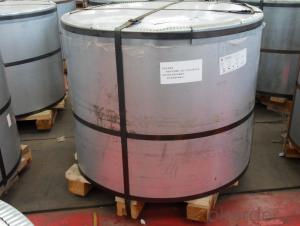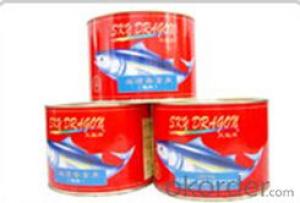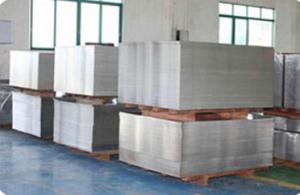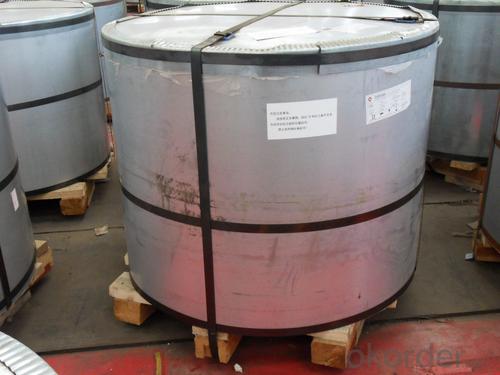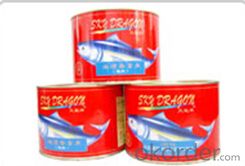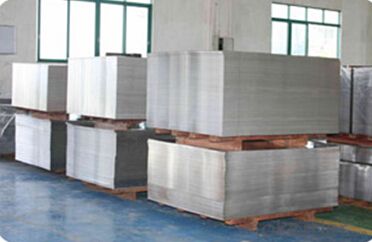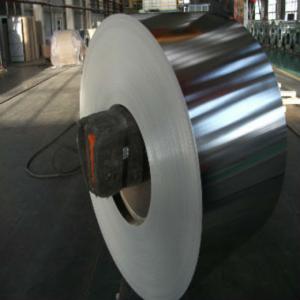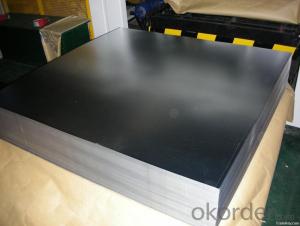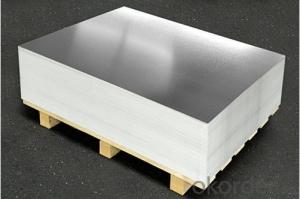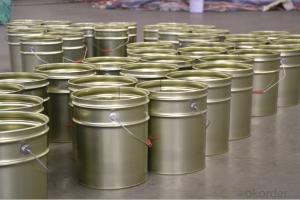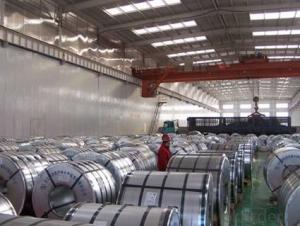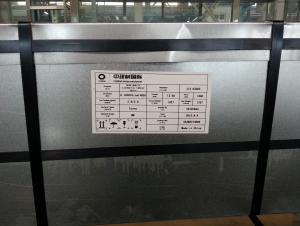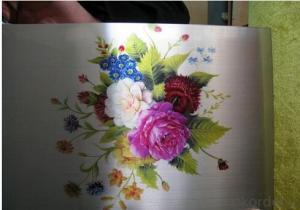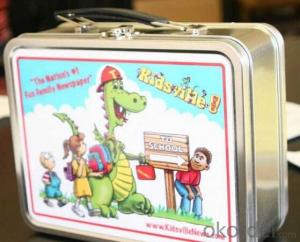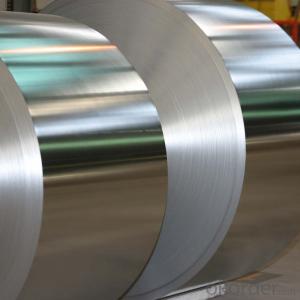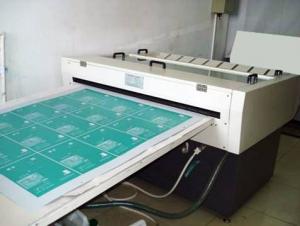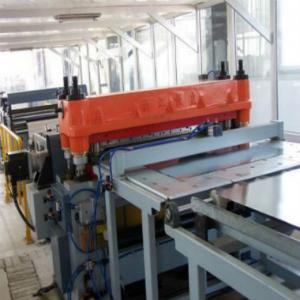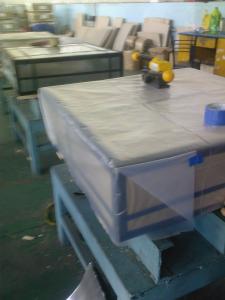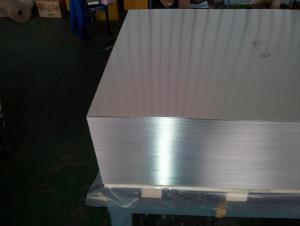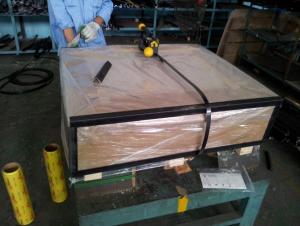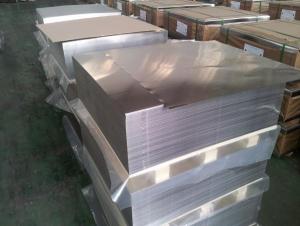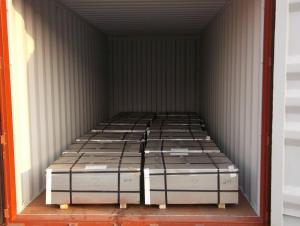Printed Tinplate sheet for aerosol cans use
- Loading Port:
- Tianjin
- Payment Terms:
- TT or LC
- Min Order Qty:
- 25 m.t.
- Supply Capability:
- 1000 m.t./month
OKorder Service Pledge
OKorder Financial Service
You Might Also Like
Prime Quality Tinplate Sheet for Making Cans
1.Structure of Description
Prime Quality Tinplate Sheet for Making Cansis one of the metal packing materials, which is widely used for making painting cans ,chemical package cans , electrical cable ,battery and metal printing etc. If you need some relative cans, also can tell me to offer.
2. Main Features
Steady and high quality
Fast shipment
Good experience for export work
For the surface, Plate uniform in thickness,uniform and smooth tin coating, without flaws,rusts,scratch,wave,nick of tin coating etc.
Price competitive
3. Images
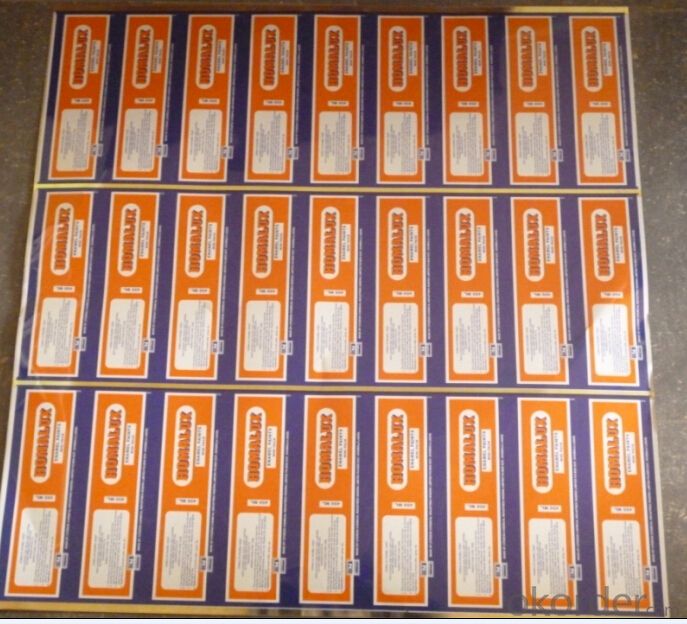
4. Specification
Standard : GB2520-2000 ,JIS G3303
Steel type : SPCC
Coating : 2.8/2.8
Surface: Bright, Stone ,
Thickness:0.31
Width :600MM~1000MM
Temper : T1~T5
Package: tinplate wrapped completely with an inner cover of plastic or waterproof papers with vorners protected with metal angels.
5.FAQ
A. What is the package of tinplate? (Referred as below)
For sheets, thin plastic film + rust-proof paper + metallic cover + metallic angles+ steel band strips + fumigated wooden pallet.
For coil, thin plastic film + rust proof paper + metallic cover + steel band strips + fumigated wooden pallet
B. The surface of tinplate could you supply?
Stone finish, Bright finish, Matte finish, Silver finish
- Q: How does tinplate packaging contribute to product protection against contamination?
- Tinplate packaging contributes to product protection against contamination by providing a durable and secure barrier between the product and external elements. The tin coating on the steel substrate prevents corrosion and rusting, ensuring the integrity of the packaging. This protects the product from moisture, oxygen, and other contaminants that could compromise its quality or safety. Additionally, tinplate packaging is airtight, preventing the entry of bacteria or microorganisms, further enhancing product protection against contamination.
- Q: How to test the tightness of tin metal cans?
- A careful observation of empty tank tank bottom edge and welding seam has no air bubbles, where the same parts of continuous bubbles, should be judged as leakage, leakage of the recording time and vacuum degree, and make a mark in the leak site.
- Q: How is tinplate coated for household appliances?
- Tinplate is coated for household appliances through a process called electrolytic tinning. It involves immersing the steel sheet in an electrolyte bath while applying an electric current. This causes tin ions to be attracted to the steel sheet's surface, resulting in a smooth and corrosion-resistant coating.
- Q: Can tinplate be used for packaging non-food items?
- Yes, tinplate can be used for packaging non-food items. Tinplate is a versatile material that offers excellent durability, corrosion resistance, and tamper-proof properties. It is commonly used for packaging various non-food products such as cosmetics, pharmaceuticals, aerosol cans, and household goods.
- Q: How is tinplate used in the confectionery industry?
- Tinplate is commonly used in the confectionery industry for packaging purposes. It provides a protective and airtight barrier, ensuring the freshness and quality of confectionery products. Tinplate cans or containers are often used for storing chocolates, candies, and other sweets, keeping them safe from moisture, light, and external contaminants. Additionally, tinplate's versatility allows for attractive and customizable designs, enhancing the visual appeal of confectionery packaging.
- Q: How does tinplate contribute to the preservation of tobacco products?
- Tinplate contributes to the preservation of tobacco products by providing a durable and protective packaging material. It helps to prevent exposure to moisture, light, and oxygen, which can degrade the quality and flavor of tobacco. Additionally, tinplate cans or containers can be sealed tightly to maintain freshness and prevent the entry of external contaminants.
- Q: Can tinplate be painted?
- Yes, tinplate can be painted.
- Q: How does tinplate contribute to the protection of pharmaceutical products?
- Tinplate contributes to the protection of pharmaceutical products by providing a reliable and durable packaging material. It offers a protective barrier against moisture, light, and oxygen, helping to preserve the quality and efficacy of pharmaceutical products. Tinplate also ensures the integrity of the packaging, preventing contamination and tampering, thereby ensuring the safety of the products.
- Q: How does tinplate contribute to the overall stackability of packaging?
- Tinplate, being a lightweight and durable material, greatly contributes to the overall stackability of packaging. Its rigid structure ensures that the packaging can be safely stacked without collapsing or damaging the contents. This allows for efficient use of storage space and easy transportation, making tinplate an ideal choice for stackable packaging solutions.
- Q: What is the tin plated iron?
- When the coating is damaged, the raw water is made up of the surrounding water, oxygen, etc.. Zinc is the anode oxidized iron tin anode is protected, do not participate in the reaction. Because zinc is more active than iron, the living metal is the negative.
Send your message to us
Printed Tinplate sheet for aerosol cans use
- Loading Port:
- Tianjin
- Payment Terms:
- TT or LC
- Min Order Qty:
- 25 m.t.
- Supply Capability:
- 1000 m.t./month
OKorder Service Pledge
OKorder Financial Service
Similar products
Hot products
Hot Searches
Related keywords
